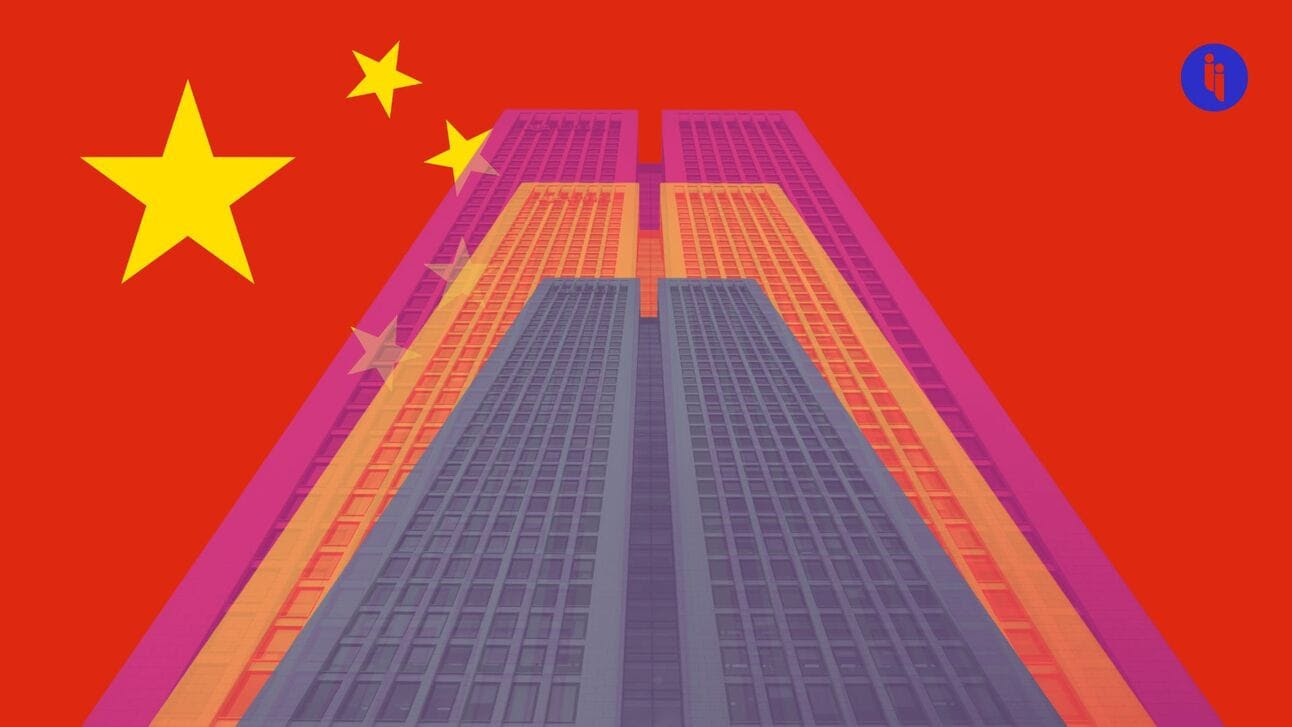The Hong Kong Stock Exchange today (Thursday) announced the suspension of trade for shares in China Evergrande Group, the world’s most indebted property developer.
What’s going on? The real estate sector makes up 24% of China’s GDP, and it’s been in trouble for a while now.
For years, developers there were pre-selling homes, leveraging the cash from one project to start building others. But Beijing tapped the brakes on excess borrowing in 2020, and the music stopped: buying slowed, prices stalled, and Evergrande started defaulting on its $300B+ debt the next year.
Stay on top of your world from inside your inbox.
Subscribe for free today and receive way much more insights.
Trusted by 114,000+ subscribers
No spam. No noise. Unsubscribe any time.
- 📉 Condo prices have since been dropping
- 🚜 Excavator sales (which track construction) are down 42% on the year, and
- 💸 Property stocks in China have hit their lowest since 2011.
So, what’s Beijing doing about it?
- It launched a 16-point program to help ailing firms last year
- It’s relaxed mortgage rules for first-time homeowners, and
- It even arrested several Evergrande employees this month, and placed the founder under police surveillance this weekend.
Meanwhile, Evergrande and others are still missing debt repayments, and the world continues to wonder if there’s a “Lehman moment” on the horizon.
Intrigue’s take: Folks in China (like everywhere else) have a chunk of their savings tied to their homes. And construction in China (like almost every other sector there) hoovers up global inputs. So trouble there can mean trouble everywhere.
German economist Isabella Weber made waves with her 2021 book on China’s unique (if imperfect) history of navigating economic challenges. But this latest challenge feels unique in its complexity, and the most promising solutions (like direct cash transfers to households) have political implications.
That’s partly what’s tying Beijing’s hands right now.
Also worth noting:
- Evergrande faces a hearing in a Hong Kong court next month that could potentially result in its liquidation.








